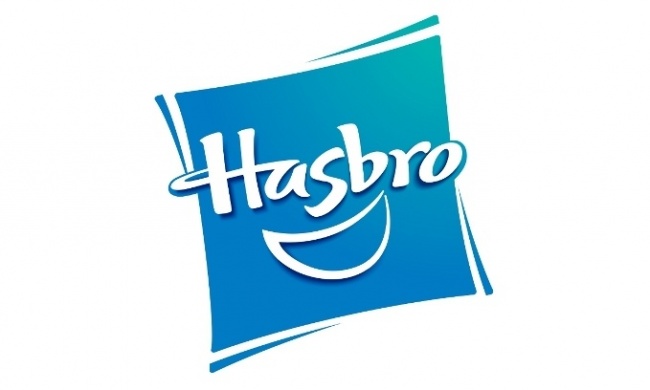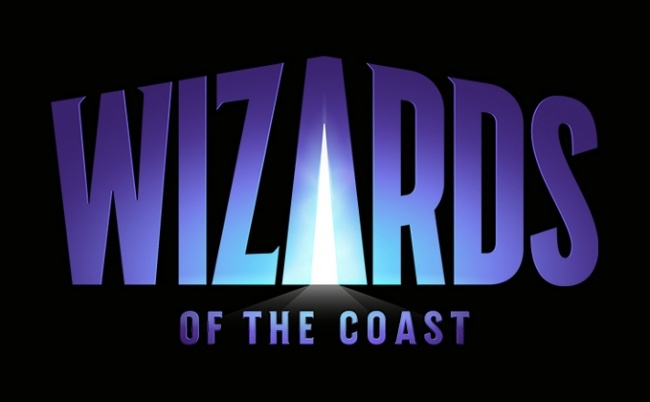For those wondering if Hasbro’s newly created Wizards of the Coast and Digital Gaming segment was going to continue to generate the lion’s share of the company’s profits, the answer is in: the segment generated 75% of Hasbro’s operating profit in Q1, the first quarter under the company’s new reporting segments. That’s up from the 72% of operating profits the segment generated in all of 2020. Operating profit was $110.0 million, up from $95.8 million in Q1 2020. Total company operating profits were $147.3 million. (For reference, the non-WotC digital gaming portion of the segment generated around 10% of the revenues in 2020, see "WotC Makes More Money than Hasbro’s Toy Business").
Sales for the segment were up 15% in Q1, from $210.6 million in 2020 to $242.2 million this year. Although WotC and Digital gaming generate 75% of the profits, the segment is only 22% of the $1.1 billion in sales the company generated in Q1. Hasbro sales overall were up 1% for the quarter, with net earnings of $116.2 million, a big turnaround from a $69.7 million loss in Q1 2020.
Drilling down into game sales a little more deeply, Hasbro attributed growth in the WotC and Digital Gaming segment to strong growth in both Magic: The Gathering and Dungeons & Dragons. In alternate segment reporting, Hasbro Gaming sales, which includes sales of games other than Magic: The Gathering and Monopoly, were down 3% because of the tough comps against huge sales in the early Covid weeks at the end of Q1 2020. Total Gaming, which includes Magic, Monopoly, and all the other game titles, was up 7% from 2020.
Kaldheim was the biggest winter set in Magic: The Gathering history, the company said. Along with Time Spiral, that allowed Magic to show growth against Q1 2020, when a Q2 release was pulled into the quarter as WotC rushed it out as shutdowns began. With the reversal of that shift, WotC expects Q2 to be the strongest quarter of 2021 for Magic sales.
A number of other interesting facts came out in the conference call.
Hasbro has begun communicating price increases on Hasbro toy and game products to its customers, CEO Brian Goldner said in the call. Limited freight capacity is a worldwide problem, with rising costs and increased use of air freight. Material costs, including resin, packaging, and metal, are also rising, with the trend accelerating in recent months, Goldner said.
Hasbro is actively developing products using NFTs (non-fungible tokens, a way of creating unique digital collectibles), Goldner revealed. He mentioned Transformers, Magic: The Gathering, Dungeons & Dragons, and G.I. Joe as properties with NFT potential. Hasbro has a west coast team exploring multiple opportunities, which are "substantial," Goldner said.
And an analyst asked a question we’ve been wondering about: is the growth of digital gaming cannibalizing the tabletop forms. "There is no cannibalization," Goldner responded, noting that even without in-store play in hobby game stores, the tabletop games are growing strongly. When in-store play resumes, Hasbro expects an additional sales boost for Magic sales.
Hasbro also reported a transaction the day before the earnings report: it’s sold the music division of eOne, the entertainment company it bought in 2019 (see "Deal Week for Hasbro"), to investment fund Blackstone. The division’s roster included the Death Row catalog, along with many other artists. The price was $385 million, which Hasbro will use to reduce debt, among other purposes.

Plus News on Prices, NFTs, Digital Cannibalization; Hasbro Sells Death Row
Posted by Milton Griepp on April 28, 2021 @ 2:23 am CT



